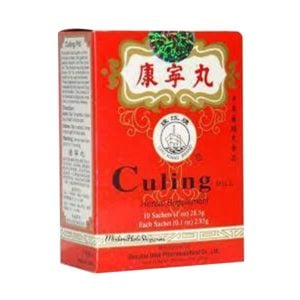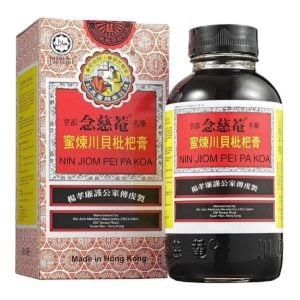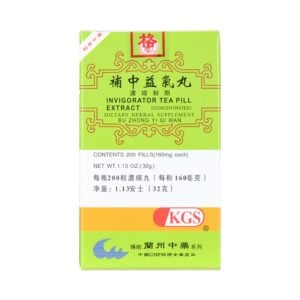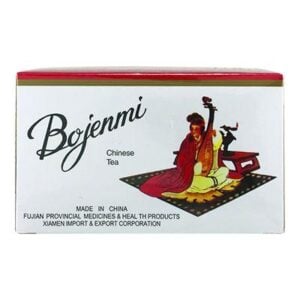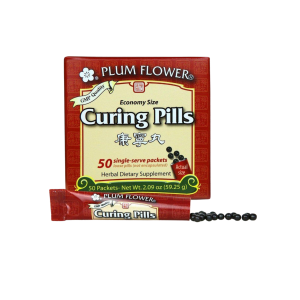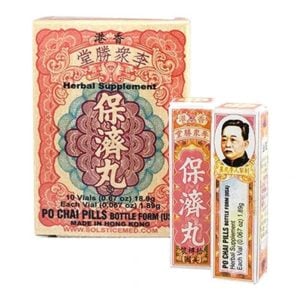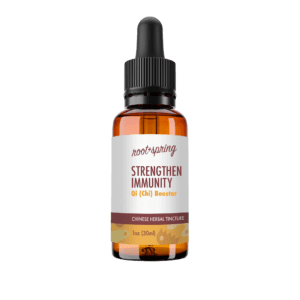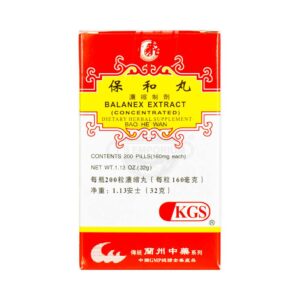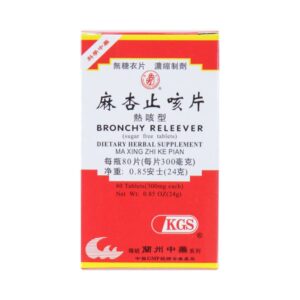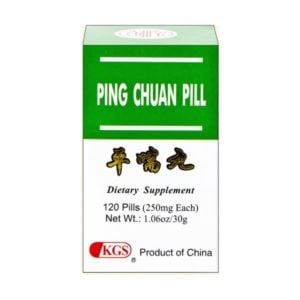Chen Pi
English Name: citrus peel, tangerine peel, orange peel
Literal Translation: “aged peel”
Pharmaceutical Name: Pericarpium Citri Reticulatae
Medica Category: Qi-Regulating Herbs
Properties: Chen Pi enters the Lung and Spleen channels; it is acrid and bitter in nature and warm in temperature.
What is Chen Pi?:
The Chinese Herb Chen Pi is the dried peel of the mature tangerines or mandarin oranges (Citrus reticulata Blanco). Literally translated as “aged peel” in Chinese, its qi-regulating functions actually become stronger the longer that it ages.
Traditional Chinese Medicine (TCM) Therapeutic Actions of Chen Pi:
Chen Pi regulates qi and harmonizes the middle jiao to address qi stagnation in the Spleen and Stomach. It is added to formulas that deal with nausea and vomiting as well as indigestion and bloating due to stagnated qi.
Chen Pi dries dampness as well as moving stagnant qi and as such helps remove accumulations of dampness and phlegm that often manifest clinically as abdominal fullness, chest congestion, lack of appetite, loose stools. This herb is also used to relieve cough caused by dampness accumulating in the channels and collaterals of the Lungs that is obstructing the normal flow and function of Lung qi.
Additional notes:
Ju Hong is the red part of the tangerine peel (i.e. the outermost part of the peel– Exocarpum Citri Rubrum); it is similar to Chen Pi in that it regulates qi in the middle jiao (i.e. addresses bloating and distension in the abdominal area), but its use is specifically indicated for treating vomiting and excessive belching. It enters the Lung and Stomach channels, is bitter and acrid in nature and warm in temperature.
Hua Ju Hong is dried pummelo peel. It enters the Lung and Spleen channels and its main TCM actions are to move qi, energize and soothe the middle jiao, dry dampness and resolve phlegm. It is commonly used to clear cold/damp phlegm in the chest and to clear/move phlegm due to food stagnation.
Ju He is the tangerine pip (or seed). It is bitter in nature and neutral in temperature. It promotes the movement of Qi, dissipates clumps, and stops pain. It is used for bulging disorders, testicular swelling and pain and breast clumps. Other sources say that it is bitter, warm and descends Qi, (entering the Kidney and Bladder channels to eliminate Cold diseases). At present it is commonly used for bulging disorders such as hernias, it is also used internally and externally for acute mastitis. (Source: American Dragon website, single herb lising)
Products Containing Tag: Chen Pi – Tangerine Peel – Pericarpium Citri Reticulatae
-
Culing Wan (Kang Ning Wan or Curing Pills) – Chu Kiang Brand
Add to CartStarting at $9.99
-
Pei Pa Koa – Loquat Chinese Cough Syrup – (300ml /10fl oz)
Add to Cart$25.34
-
Bu Zhong Yi Qi Wan – Invigorator Teapill Extract – Lanzhou Traditional Herbs (KGS)
Add to CartStarting at $7.89
-
Ma Xing Zhi Ke Pian – Bronchy Releever
Add to CartStarting at $6.39

